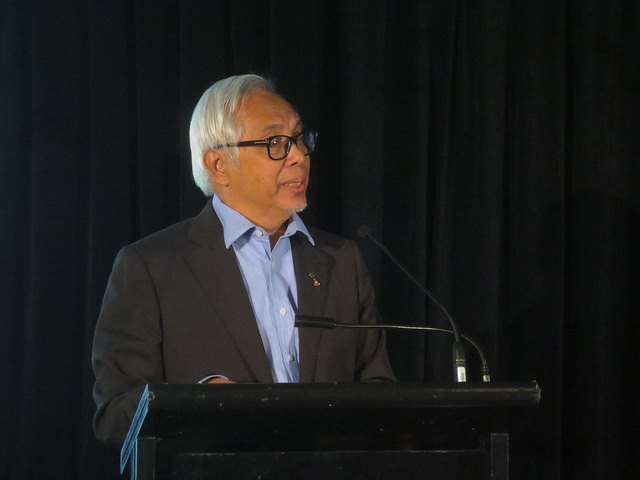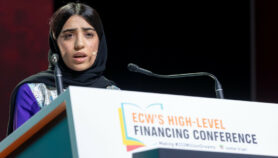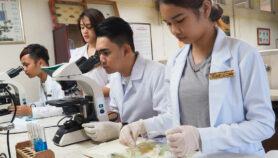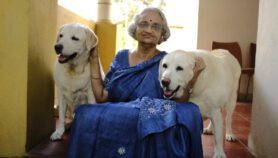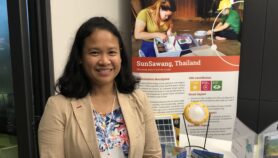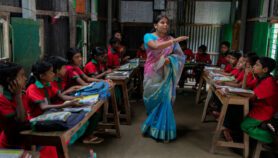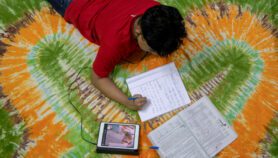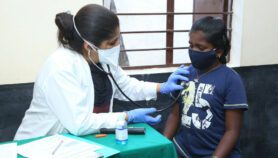Send to a friend
The details you provide on this page will not be used to send unsolicited email, and will not be sold to a 3rd party. See privacy policy.
[KUALA LUMPUR] I was the only Indonesian in last week’s task force meeting in Kuala Lumpur [16 December] where experts discussed how to reform science education in the Muslim world.
It was a little bit weird since no one else came from Indonesia although it is home to the world’s largest Muslim population. Britain’s Royal Society gives importance to Indonesia by analysing it in the Atlas of Science in the Islamic World which it produced. Thomson Reuters also lists four Indonesian archaeologists in the social science field as among highly cited researchers.
This begs the question, why are they absent from such an important meeting and, which this year, was held very close to home?
Athar Osama, director of Muslim-Science.Com, a website focusing on science and technology in the Muslim world and the meeting organiser, explains that he tried to balance the Task Force by region taking in consider the limited seats. He says Malaysia, which hosted the event, however, exceeded the quota for South-East Asia.
Zakri Abdul Hamid, science advisor to Malaysia’s prime minister and who chaired the meeting, says that the problem could be more about networking, which he says is very important.
Incidentally, the meeting came just a few weeks after Indonesia’s new minister of education, Anies Baswedan, made a controversial statement about removing “Islamic prayers” before classes start in schools. Critics argued that Indonesia is now being “refined” as a real democratic and pluralistic country where Islam is not “special” anymore.
Baswedan later clarified that he is not asking Islamic prayers be removed but rather recommended schools to respect non-Muslims.
Also, I must note, Muslim-Science.Com makes no mention of Indonesia in its latest issue, “Higher Education Reforms in the Islamic World”. Although Osama did asked me in an email names of Indonesian scholars that they could invite in the next Task Force meeting. A launch event will take place in June 2015 to formally release the report of the Task Force.
One light for Indonesia in this meeting was Bruce Alberts, the external expert of the task force and who is also the US President’s science envoy. Alberts presented his work on science education in Indonesia, where he has visited science madrassa and held a training for biology teachers in the country.
This article has been produced by SciDev.Net's South-East Asia & Pacific desk.


